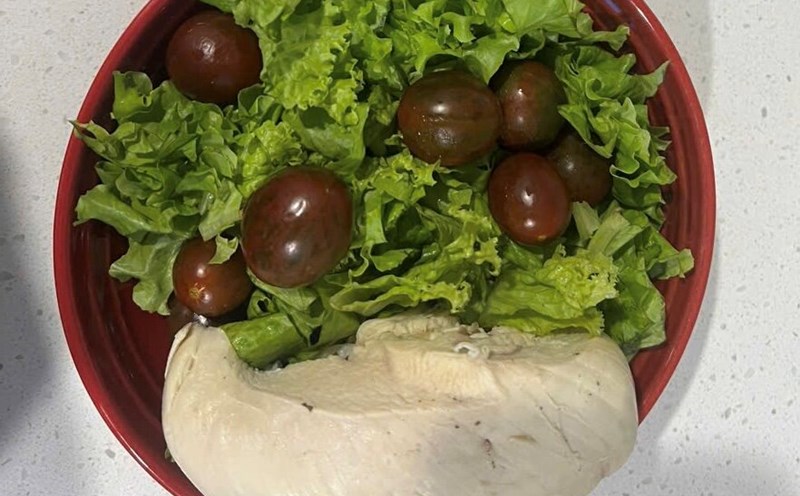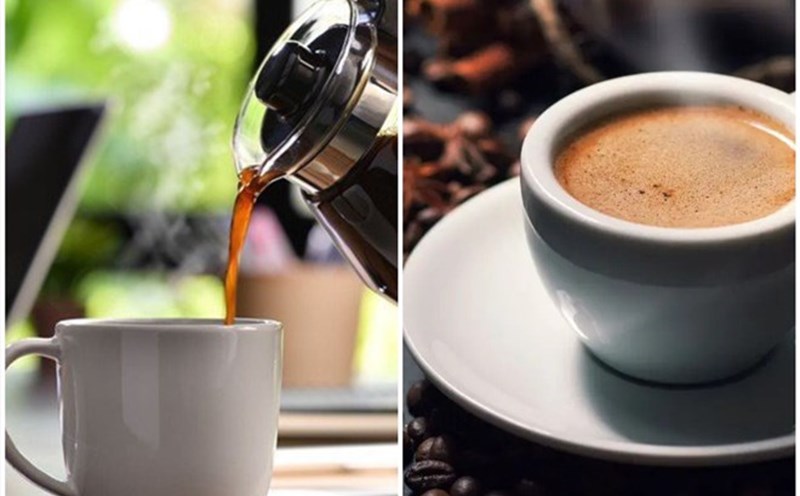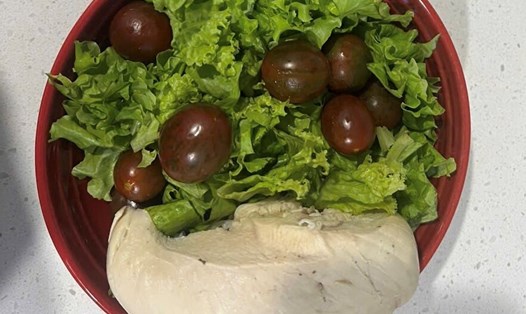Therefore, controlling the amount and way of drinking fruit juice is very important to avoid negative effects on blood sugar.
Here are ways to drink fruit juice without increasing blood sugar, based on scientific research from reputable health organizations.
Choose juices with a low glycemic index (GI)
GI is a measure of how quickly blood sugar rises after eating foods containing carbohydrates. Juices made from low GI fruits will help blood sugar rise more slowly and steadily.
According to the American Diabetes Association, low-glycemic fruits such as apples, pears, blueberries, and oranges are good choices for people who want to maintain stable blood sugar. Avoid high-glycemic juices such as grape, pineapple, or mango, as they can cause blood sugar to rise rapidly.
Combine fruit juice with fiber
One of the main problems with drinking fruit juice is that it removes most of the fiber found in whole fruit. Fiber plays an important role in slowing the absorption of sugar into the bloodstream, helping to maintain stable blood sugar levels.
People who consume fruit juice without fiber are at a higher risk of high blood sugar. So instead of drinking juice alone, try combining it with other sources of fiber, such as adding oatmeal, chia seeds, or using a juicer that retains the pulp.
Limited servings and no added sugar
Drinking too much fruit juice at one time can lead to a rapid rise in blood sugar, even with low GI fruits.
The World Health Organization (WHO) recommends that a person should not consume more than 150 ml of fruit juice per day, equivalent to about a small glass.
Additionally, adding sugar to fruit juice adds to the natural sugars already present in the fruit. Consuming added sugar from sugar-sweetened beverages increases the risk of type 2 diabetes and blood sugar-related problems. Therefore, it is important to avoid adding sugar or sweet syrups to juice.
Drink fruit juice at the right time
The timing of fruit juice consumption also affects blood sugar levels. According to research from the National Institutes of Health (NIH), drinking fruit juice on an empty stomach or without a meal can cause a sudden spike in blood sugar.
Instead, drink fruit juice with meals or after a snack to slow down the absorption of sugar. This is especially important for people with diabetes, helping to prevent a spike in blood sugar after drinking juice.
Make your own juice instead of buying bottled juice
Bottled fruit juices often contain preservatives, sugar, and artificial flavors to extend shelf life and enhance flavor. These products may contain more sugar than natural juices.
Therefore, making fruit juice at home from fresh fruit is the best way to control sugar intake and ensure the nutritional value of the juice.









